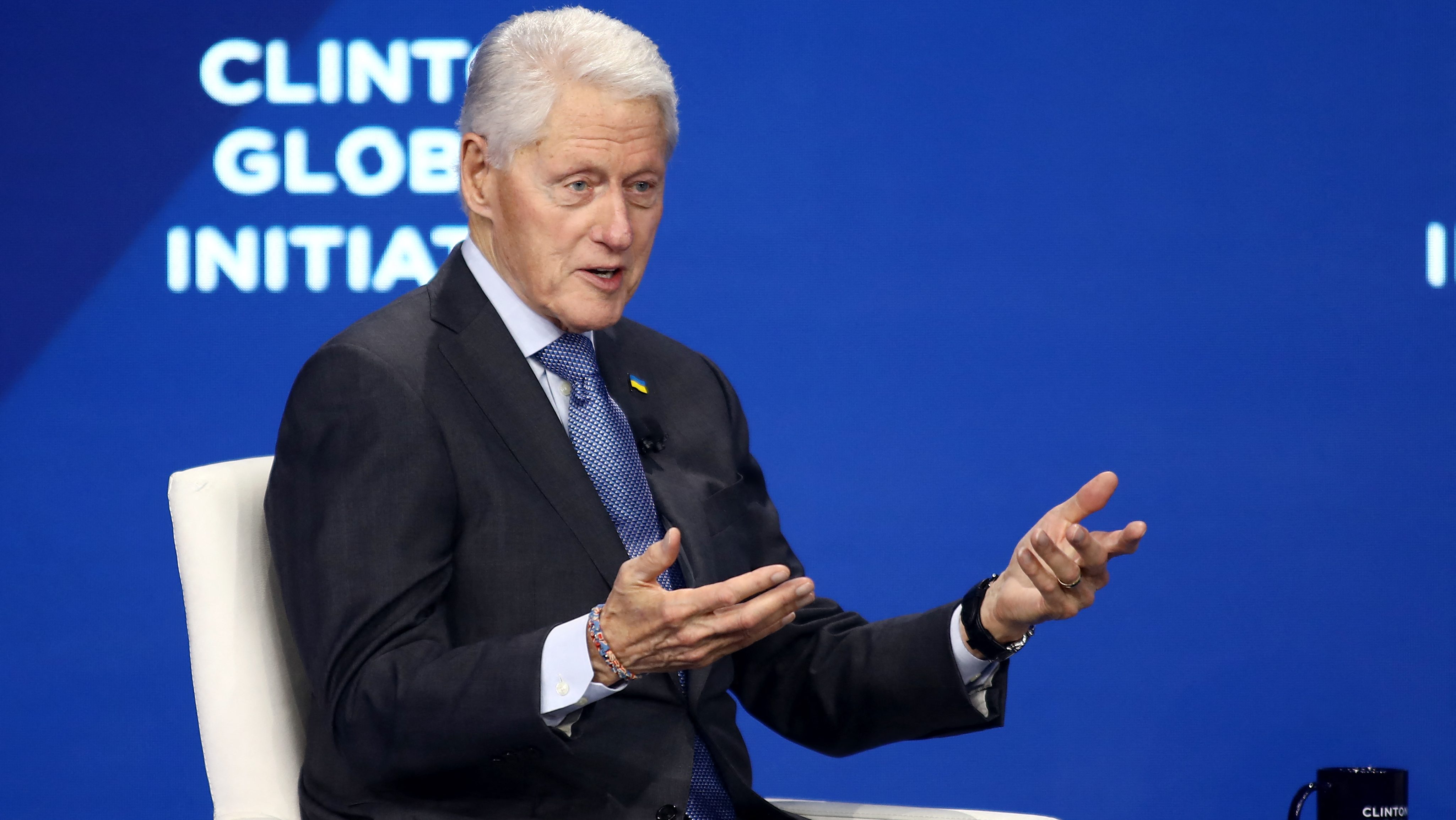Supreme Court Justice Stephen Breyer has the air of an absent-minded professor, once joking in court that his wife put directions in his pocket to keep him from getting lost. He concocts outlandish hypothetical questions to try to get answers to difficult questions, often to the frustration of lawyers with limited time to make their arguments.
But if Breyer cultivates such an image, it does not mask a razor-sharp intellect, a sunny disposition or a relentlessly pragmatic approach to the law that often finds him searching for a middle ground or grasping for an outcome he can live with on an increasingly conservative court.
Breyer, 83, plans to retire, multiple sources told The Associated Press, but almost certainly not before the court finishes its work in early summer.
By then, the court will have rendered its verdict on abortion rights, including possibly overturning the nationwide right to an abortion the court first announced in Roe v. Wade in 1973 and has reaffirmed ever since, including in several opinions Breyer wrote.
His most important opinion came at the end of the court’s term in June 2016. Breyer was in the majority to strike down Texas’ regulations of abortion clinics because they provided “few, if any, health benefits for women,” while making it harder to obtain an abortion.
Although Breyer’s votes usually put him to the left of center on an increasingly conservative court, he frequently saw the gray in situations that colleagues to his right and left preferred to describe as black or white.
This was never more clear than on June 27, 2005. In two cases involving displays of the Ten Commandments on public property, Breyer was alone among his colleagues in finding a 6-foot (1.8-meter) granite monument outside the Texas Capitol acceptable and framed copies in two Kentucky courthouses in violation of the Constitution.
U.S. & World
In Fourth Amendment cases and law enforcement cases, Breyer would sometimes switch places with Justice Antonin Scalia and join the other conservatives while Scalia, who died in February 2016, voted with the court’s liberals.
That was the breakdown in 2013, when Breyer was in the majority to uphold a Maryland law that allowed police to seize DNA without a warrant from people who have been arrested for serious crimes. Authorities could then submit that sample to a federal database to see if a suspect was wanted for unrelated crimes.
Feeling out of the loop? We'll catch you up on the Chicago news you need to know. Sign up for the weekly> Chicago Catch-Up newsletter.
His willingness to side with authority when some of his liberal colleagues did not was part of his makeup. An Eagle Scout, Breyer was a believer in government and in working together to solve problems. He liked to point out that as an aide to Democratic Sen. Edward M. Kennedy of Massachusetts, he worked daily with his counterpart on the staff of Republican Sen. Strom Thurmond of South Carolina. The consistent message from their bosses, Breyer said, was to work things out.
That same attitude didn’t always carry over to the high court, especially after the retirement of Justice Sandra Day O’Connor. The first woman on the Supreme Court was a former state lawmaker who was practiced in the art of political compromise. Breyer made no secret that he missed O’Connor, whose seat was taken by the more conservative Justice Samuel Alito.
In June 2007, at the end of the Alito’s first full term as a justice, Breyer issued a long, impassioned dissent from a decision that invalidated public school integration plans. “It is not often that so few have so quickly changed so much,” Breyer said of a five-justice conservative majority, noting that his dissenting opinion was more than twice as long as any he had written in 13 years on the court. It was a rare public display of pessimism for Breyer, who worried that he would be increasingly in dissent in a new era under the leadership of Chief Justice John Roberts.
Two months later, Breyer was whistling a happier, though still realistic, tune. The setbacks in cases involving abortion, pay discrimination against women and education underscored his faith in the rule of law. “When I look at it objectively, I think how I wish I’d won, but I also think, not a bad system,” Breyer said at the American Bar Association meeting in his native San Francisco. “I’m not going to be in the majority all the time. How I wish I were, but that’s the system. That’s called the rule of law.”
The rule of law was central to his argument that the public should not look at the court as politicians in robes, which he continues to speak out about even as opinion polls find increasing support for the view that the court's work is political.
Breyer’s most pointed dissents occurred in ideologically split decisions and accused the majority of risking the court’s nonpolitical reputation. In the Bush v. Gore case, when the court ruled on the outcome of the 2000 presidential election, Breyer wrote that the decision “runs the risk of undermining the public’s confidence in the court itself ... we do risk a self-inflicted wound.” Choosing a president “is of fundamental national importance. But that importance is political, not legal.”
In 2015, Breyer concluded after 21 years on the court that it was “highly likely” that the death penalty was unconstitutional. His dissent drew only one other vote, that of Justice Ruth Bader Ginsburg.
The justice straddled two eras of the court, the William Rehnquist years and the Roberts era. He sometimes seemed overshadowed by others in the court’s liberal wing, perhaps because he had less seniority than Justices John Paul Stevens and Ginsburg.
Like Ginsburg, Breyer is Jewish. When Elena Kagan joined the court in 2010, those three Jewish justices served on the court with six Catholics and, for the first time in U.S. history, no Protestants. Breyer speaks about his Judaism and many other topics in frequent public speeches, both in the United States and internationally.
He speaks French well enough to deliver addresses in the language, including for his induction in 2013 as a foreign member of the France’s Académie des Sciences Morales et Politiques, one of the five academies of the Institut de France. The court’s press office would occasionally distribute texts of Breyer’s remarks in French, at the justice’s urging.
___
Sherman reported from Bradenton Beach, Florida.



